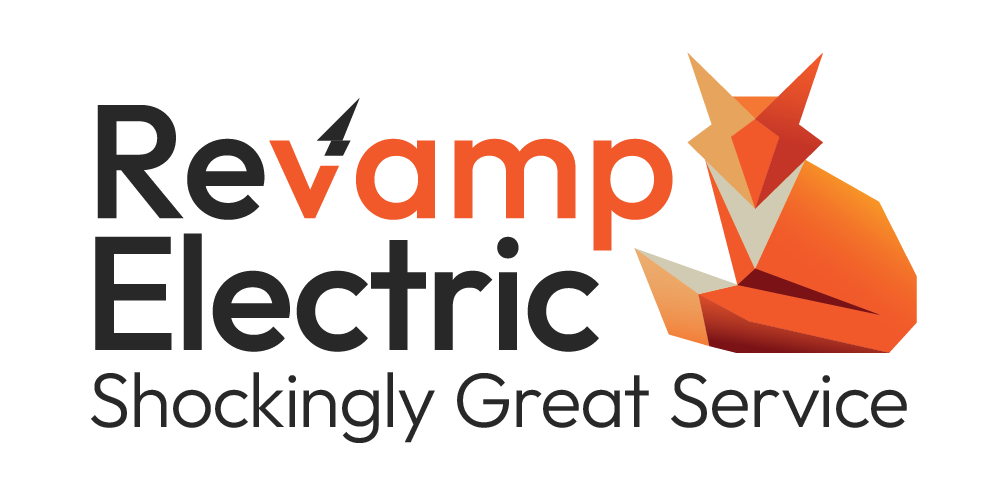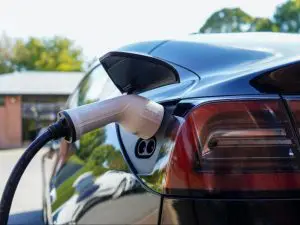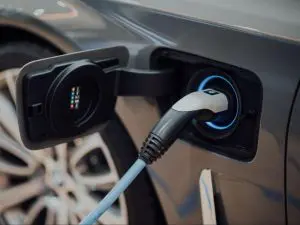With the rising popularity of electric vehicles (EVs), many homeowners are considering installing a dedicated charging station at home. While this process may seem daunting at first, it presents an opportunity for individuals to weigh their options: tackle the installation themselves (DIY) or delegate the task to professionals. Each option comes with its own set of advantages and considerations, ranging from cost savings to safety concerns. In this guide, we’ll explore the factors to consider when deciding between DIY and delegating the installation of a home EV charger.
DIY Installation: Pros and Cons
Our pals at Restoration Master explain how some pros and cons should be weighed before a DIY installation.
Pros:
- Cost Savings: One of the most significant advantages of a DIY installation is cost savings. By handling the installation yourself, you can avoid labor fees associated with hiring professionals. Additionally, you have the flexibility to choose affordable equipment and materials that fit within your budget.
- Personalized Installation: DIY installations allow homeowners to customize the process according to their preferences and requirements. You can select the location of the charging station, determine the type of mounting hardware to use, and tailor the setup to suit your specific EV charging needs.
- Learning Opportunity: Installing an EV charger yourself provides a valuable learning experience. You’ll gain hands-on knowledge of electrical systems, wiring, and safety procedures. This newfound expertise can be empowering and may come in handy for future home improvement projects.
Cons:
- Complexity and Risk: Installing an EV charger involves working with electricity, which can be inherently dangerous if not handled properly. Incorrect wiring or installation errors could lead to electrical shocks, fires, or damage to your vehicle. Individuals with limited electrical experience may find the process overwhelming and risky.
- Building Code Compliance: Electrical installations must adhere to local building codes and regulations to ensure safety and compliance. DIY installers may overlook important code requirements or fail to obtain necessary permits, potentially resulting in fines or safety hazards. Ensuring compliance with regulations can be challenging without professional guidance.
- Warranty and Insurance: Some EV charger manufacturers offer warranties that may be voided if the unit is not installed by a certified electrician. Similarly, homeowners’ insurance policies may require professional installation to maintain coverage for electrical upgrades. DIY installations could jeopardize warranty protection and insurance benefits.
Professional Installation: Pros and Cons
Pros:
- Expertise and Experience: Professional electricians possess the necessary knowledge, skills, and experience to safely and efficiently install EV chargers. They understand electrical codes and regulations, ensuring that installations comply with industry standards and safety guidelines. Hiring professionals minimizes the risk of errors and ensures a high-quality, reliable installation.
- Time Savings: Professional installers can complete the job quickly and efficiently, saving homeowners time and effort. They have access to specialized tools and equipment, allowing them to tackle complex installations with ease. By delegating the task to professionals, homeowners can focus on other priorities without the hassle of DIY troubleshooting.
- Warranty and Insurance Coverage: Many professional installers offer warranties on their workmanship, providing added peace of mind to homeowners. Additionally, professional installations typically satisfy warranty requirements specified by EV charger manufacturers, ensuring that warranties remain intact. Hiring licensed electricians may also help maintain insurance coverage for electrical upgrades.
Cons:
- Higher Cost: Professional installation services come at a price, which may be higher than the cost of a DIY installation. Homeowners must budget for labor fees and service charges, which can vary depending on the complexity of the installation and local market rates. While professional installation may offer long-term benefits, it requires a financial investment upfront.
- Limited Control: Delegating the installation to professionals means relinquishing some control over the process. Homeowners must communicate their preferences and requirements clearly to ensure that the installation meets their expectations. While reputable electricians strive to deliver satisfactory results, homeowners may encounter challenges if their preferences clash with professional recommendations.
- Scheduling Constraints: Availability and scheduling may pose challenges when hiring professional installers. Busy electricians may have limited availability, leading to delays in scheduling appointments or completing the installation. Homeowners should plan ahead and consider potential scheduling conflicts when arranging professional services.
Key Considerations for Decision-Making
When deciding between DIY and professional installation of a home EV charger, several factors should be taken into account:
- Electrical Experience: Assess your level of electrical knowledge and experience. DIY installation may be suitable for individuals with prior experience in electrical work, while those lacking expertise may prefer professional assistance to ensure safety and compliance.
- Budget: Consider your budget and weigh the cost of DIY installation against the expenses associated with hiring professionals. Factor in the cost of materials, labor, permits, and potential repairs or corrections due to errors.
- Time and Convenience: Evaluate your availability and schedule constraints. DIY installation requires time for research, planning, and execution, whereas professional installation offers convenience and time savings.
- Safety and Compliance: Prioritize safety and compliance with electrical codes and regulations. Professional installers can ensure that installations meet safety standards and obtain necessary permits, reducing the risk of safety hazards and legal issues.
- Warranty and Insurance: Review warranty requirements specified by EV charger manufacturers and homeowners’ insurance policies. Determine whether DIY installations may void warranties or impact insurance coverage, and consider the value of professional warranties and insurance protection.
- Future Resale Value: Consider the impact of the installation method on the resale value of your home. Professional installations may enhance property value and appeal to potential buyers, while DIY installations could raise concerns about quality and safety.
Conclusion
Deciding whether to DIY or delegate the installation of a home EV charger requires careful consideration of various factors, including cost, expertise, safety, and convenience. While DIY installation offers cost savings and customization options, it also entails risks and challenges related to electrical work. Professional installation ensures safety, compliance, and peace of mind but comes with a higher price tag. Homeowners should weigh these factors and choose the option that best aligns with their preferences, resources, and priorities. Whether tackling the installation themselves or hiring professionals, investing in a reliable home EV charging solution contributes to sustainable transportation and enhances the overall value and functionality of the home.



